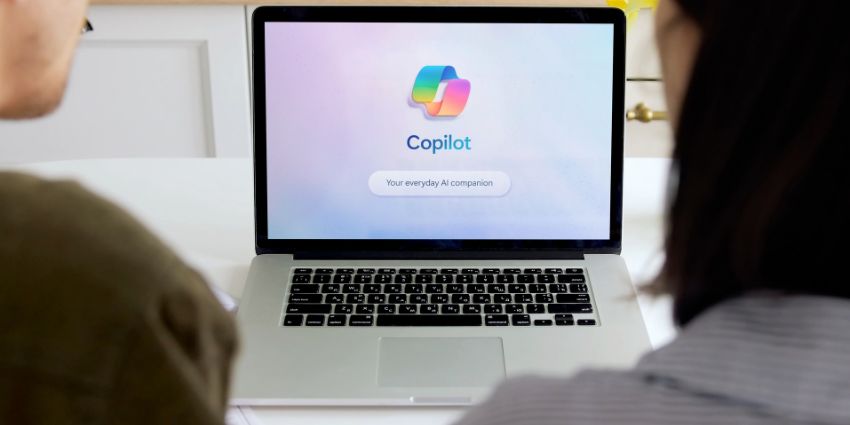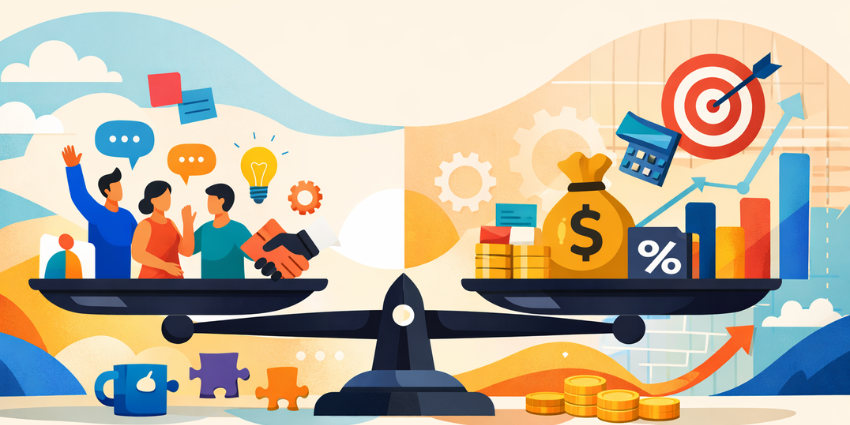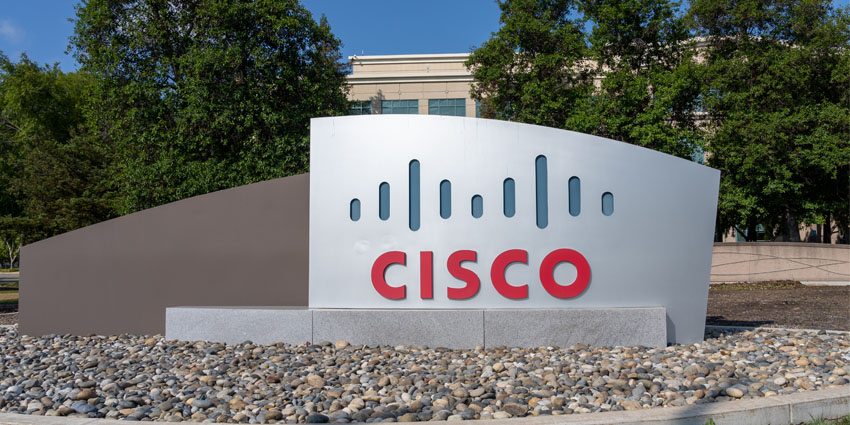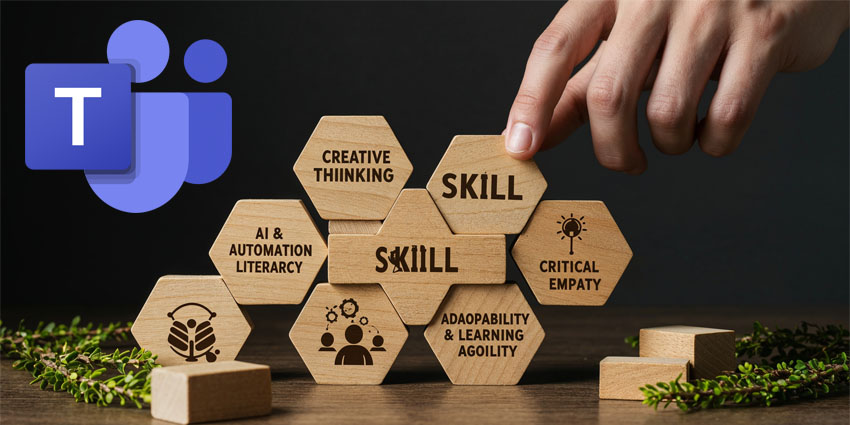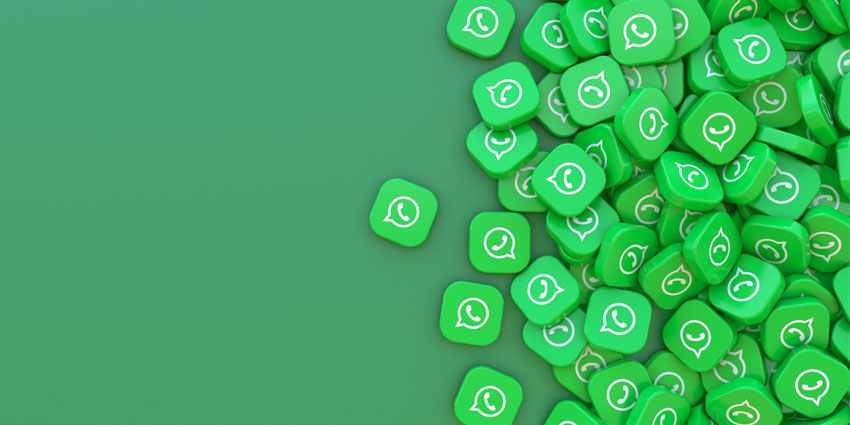The Microsoft Build 2025 conference delivered a slew of announcements, but one stood out above the rest: Microsoft is doubling down on AI agents and Copilot customization.
The most important update is the introduction of Copilot Tuning, a breakthrough that lets organizations train Copilot on their own data, creating domain-specific agents that can automate complex business tasks with accuracy and security.
“For 50 years Microsoft has been empowering developers with tools and platforms to turn their ideas into reality, accelerating innovation at every stage, and at Build we’re showing our vision for what’s next in software development and AI,”
Frank X. Shaw, Chief Communications Officer at Microsoft, said preceeding the announcements.
For those unfamiliar, Microsoft Build is the company’s annual developer conference.
It’s where Microsoft unveils its latest innovations, strategic direction, and technical tools, all aimed at helping developers and IT professionals build the next generation of software.
The event is a bellwether for enterprise technology trends, especially in cloud, AI, and productivity.
While Build 2025 featured over 50 announcements, we distill the five most significant Copilot AI updates.
These are the advancements that will have the biggest impact on enterprise productivity, developer agility, and the future of UC.
1. Copilot Tuning: Enterprise-Specific AI Customization
Microsoft’s new Copilot Tuning feature is a new tool that will let organizations tailor AI to their business.
With Copilot Tuning, enterprises can train Copilot models using their own internal documents, knowledge bases, and workflows.
This means Copilot can now generate outputs that reflect the language, structure, and expertise unique to each business.
For example, a law firm can create an agent that drafts legal documents in the firm’s preferred style, or a consultancy can build a Q&A agent that understands regional regulations.
Critically, access to these tuned models is governed by the same permissions as the underlying data, ensuring enterprise-grade security and compliance.
Copilot Tuning will be available in June 2025 for organizations with 5,000+ Microsoft 365 Copilot licenses.
2. Advanced Development Tools for Smarter Teams Agents
Microsoft is supercharging Teams with new development tools that enable the creation of smarter, more collaborative agents.
These tools include:
- Agent2Agent (A2A) Protocol: Allows agents to communicate securely and directly, enabling complex, multi-agent workflows without relying on central intermediaries.
- Updated Teams AI Library: Provides developers with enhanced APIs and libraries for building powerful collaborative agents in JavaScript and C#.
- Agentic Memory: Lets agents recall previous user interactions, making conversations more personalized and context-aware.
These features are in preview as of May 2025. For developers, this means building agents that can handle sophisticated enterprise tasks-think virtual colleagues that can join meetings, access AI-generated notes, and automate compliance checks.
The new developer portal also offers real-time analytics, helping teams optimize agent performance and adoption.
This update positions Teams as a next-generation platform for enterprise automation, where agents can work together, learn from context, and drive workflows across the organization.
3. Pro-Code and Low-Code Power in Copilot Studio
Microsoft Copilot Studio is evolving to cater to both professional developers and low-code makers.
The latest updates include:
- Microsoft 365 Agents Toolkit for Visual Studio: Streamlines the development of enterprise-grade agents, integrating AI SDKs and Azure AI Foundry directly into Visual Studio.
- Microsoft 365 Copilot APIs: Let developers build secure, context-aware generative AI experiences using Microsoft 365 data.
- Agent Store: A marketplace where organizations can discover, share, and deploy agents across Microsoft 365 endpoints.
These tools enable developers to build, test, and publish agents across more than 10 messaging channels, including Teams.
Enhanced Power Platform connectors and the ability to “bring your own models” from Azure AI Foundry mean that organizations can leverage industry-specific or fine-tuned AI models within Copilot Studio.
For the enterprise, this means unprecedented flexibility: whether you’re a pro developer building custom workflows or a business analyst automating routine tasks, Copilot Studio now supports the full spectrum of agent development.
4. Multi-Agent Collaboration and Natural Language Enhancements
One of the most forward-looking updates is support for multi-agent systems within Copilot Studio.
This allows multiple agents-each with specialized skills-to collaborate on tasks, distributing work and delivering more comprehensive solutions.
Key features include:
- Support for Multiple Agent Systems: Agents built with Copilot Studio, Azure AI Foundry, or the Microsoft 365 Agents SDK can now work together as a team.
- Model Context Protocol (MCP): Ensures agents have consistent, governed access to data and models across external systems.
- Computer Use Tool: Empowers agents to automate tasks across both desktop and web apps using AI vision and understanding.
Additionally, the new Code Interpreter feature lets agents write and execute Python code for advanced analytics and data visualization.
The operational database powered by Dataverse enables real-time interactions, while enhanced search and data extraction capabilities make Copilot Studio a central hub for enterprise knowledge.
These updates signal Microsoft’s ambition to make Copilot Studio a strong foundation for building, managing, and scaling intelligent agent workflows across the enterprise.
5. Microsoft 365 Copilot Wave 2: Next-Gen Productivity Features
The Microsoft 365 Copilot Wave 2 spring release brings a host of new features aimed at transforming how users interact with work data:
- Updated Copilot App: Designed for seamless human-agent collaboration.
- OpenAI GPT-4o Integration: Brings advanced image generation to the “Create” experience.
- Copilot Notebooks: Turn content and data into actionable insights instantly.
- Copilot Search and Copilot Memory: Rolling out in June, these features will help users find information faster and retain context across tasks.
- Researcher and Analyst Agents: First-of-their-kind reasoning agents that provide deep insights and analytics, available via the Frontier program.
These features aim to make a fundamental shift in how knowledge workers interact with data, automate tasks, and derive insights.
Copilot is now able to summarize, analyze, and act on information across the Microsoft 365 ecosystem.
A Future of Agents, Copilot, and Tailored Datasets
Microsoft Build 2025 has set a new benchmark for the company’s AI tools, with Copilot at the heart of its strategy.
From bespoke AI tuning and multi-agent collaboration to pro-code/low-code development and next-gen productivity features, Microsoft is giving organizations the tools to build, deploy, and then use intelligent agents across the 365 ecosphere.
The race to bring in agentic AI is on, and Microsoft has made one of the biggest plays in the industry in that direction.
